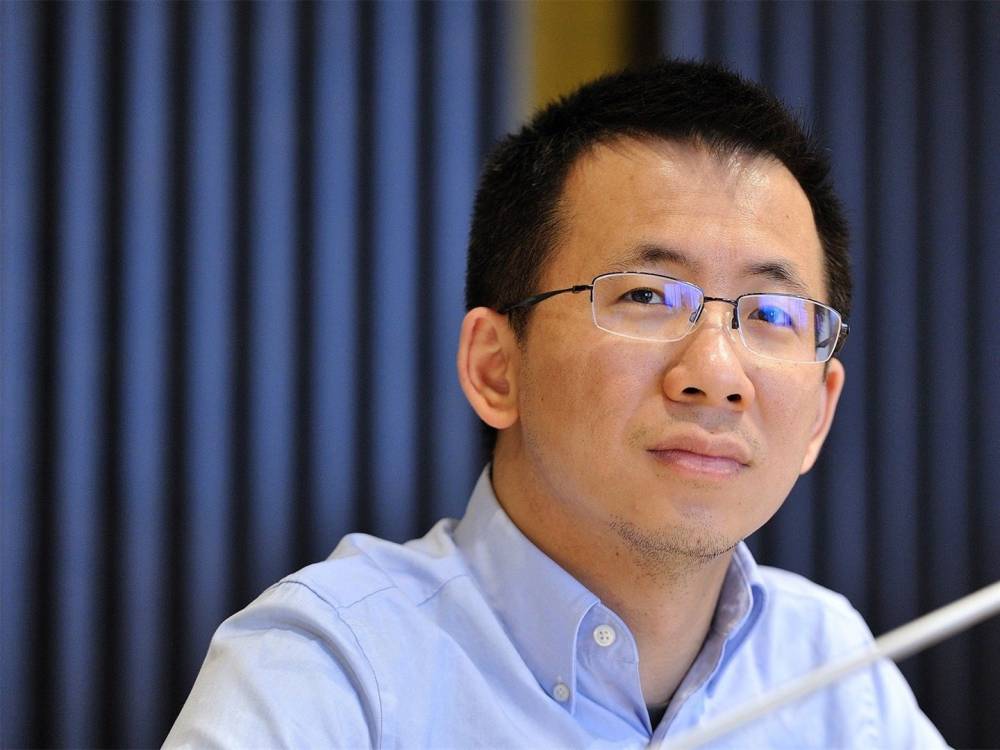
Founder Of TikTok Owner ByteDance Resigns As CEO
Founder of TikTok owner ByteDance resigns as CEO
ByteDance's CEO has announced his resignation from the company, whose success with TikTok catapulted it to the status of the world's most valuable startup. Zhang Yiming, who co-founded ByteDance in 2012, will transition to a different role within the company, while co-founder Liang Rubo will take over as CEO. Liang is currently responsible for human resources at ByteDance.
Zhang ruminated on his position and how he believes he would be more effective in a different role in a lengthy internal letter that ByteDance later made public. “I'm concerned that I'm still relying too heavily on the concepts I had prior to founding the company and haven't pushed myself to update those concepts,” Zhang says.
“I believe that someone else can more effectively drive progress in areas such as improved daily management,” he continues. “The truth is that I lack several of the characteristics of an ideal manager. Rather than managing people, I'm more interested in analyzing organizational and market principles and leveraging these theories to further reduce management work. Similarly, I am not a social person, preferring solitary activities such as online browsing, reading, listening to music, and daydreaming about what might be.”
Zhang refers to Liang as a "invaluable partner" and began discussions with him in March about taking over as ByteDance CEO. The transition will take place over the next six months, and according to the company, Zhang's new role will focus on "long-term strategy, corporate culture, and social responsibility."
The announcement heralds a sea change in ByteDance's corporate leadership, but it should have little impact on TikTok's day-to-day operations. ByteDance announced last month that former Xiaomi CFO Chew Shouzi would take on the role of dedicated TikTok CEO, following his March appointment as CFO of the parent company.
Conclusion
Chew succeeded Vanessa Pappas, who was serving as interim CEO following the departure of former Disney executive Kevin Mayer less than four months into his tenure. Mayer made the decision due to the social network's political difficulties in the United States, though the Trump administration's attempts to ban it or force a divestment eventually failed.

